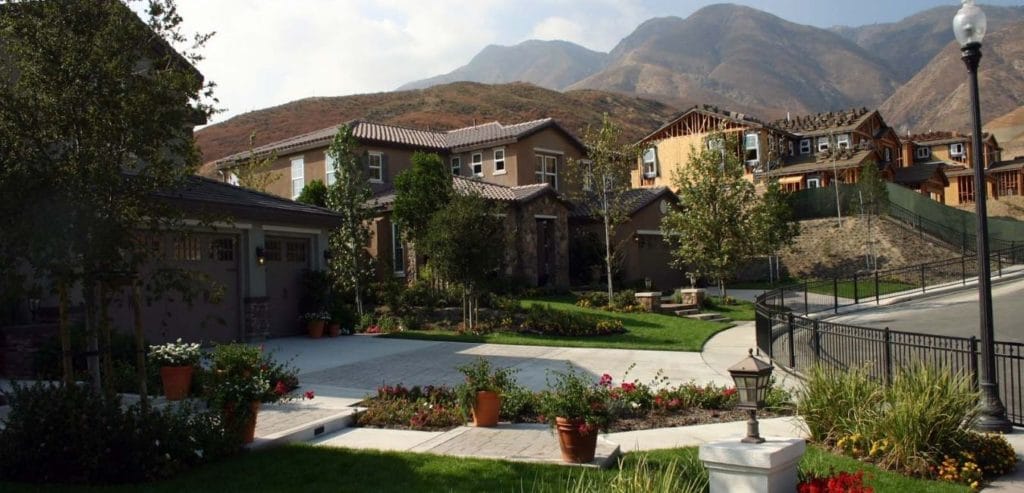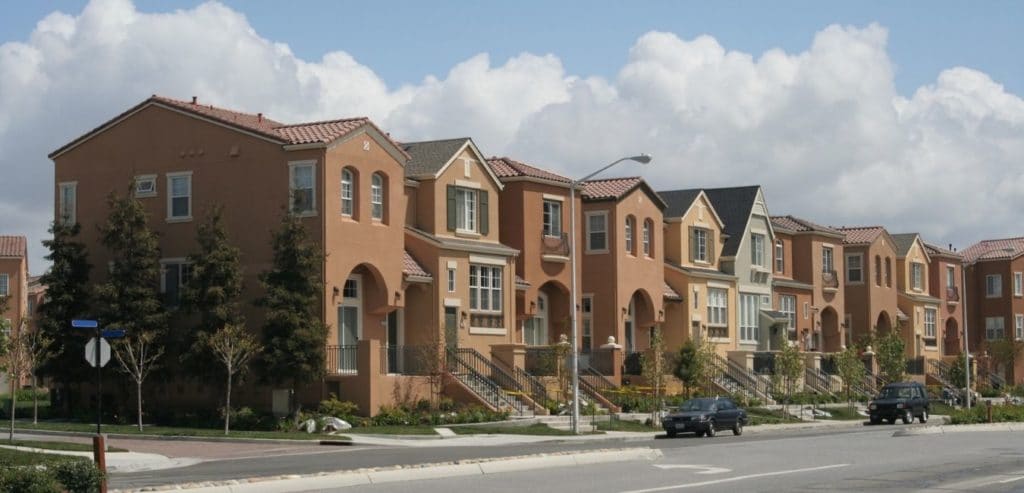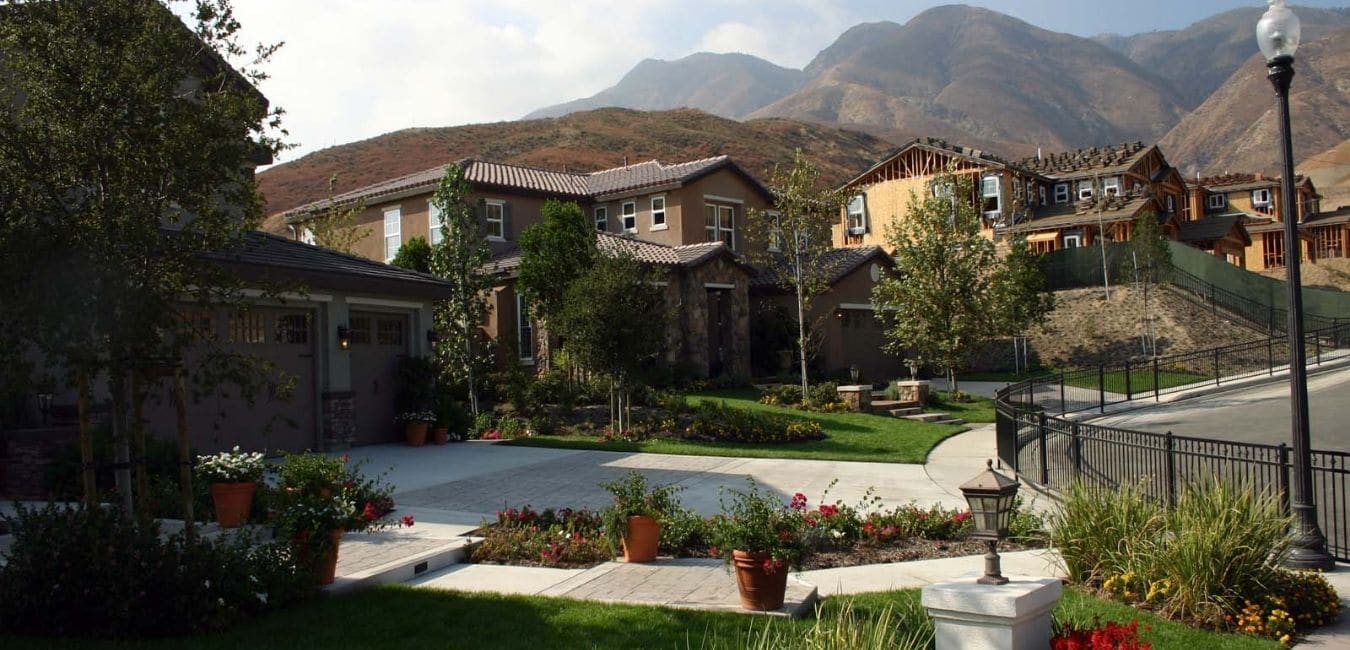A Few Things to Know About a 1031 Exchange
A section 1031 exchange is a powerful investment tool that allows you as a real estate investor to defer federal capital gains taxes on the proceeds of selling one of your business or investment properties, so long as the full amount is reinvested in another like-kind property within a certain time limit.
Here are 10 important things to know about conducting a 1031 exchange:
1. How You as a Real Estate Investor Can Benefit From a 1031 Exchange
1031 exchanges allow you to build your wealth faster by leveraging your cash. Since you don’t pay taxes on the proceeds from the sale of your relinquished property, you have increased buying power and can make a higher down payment, which allows you to purchase a more valuable property than otherwise would have been possible. 1031 exchanges make it easy to relocate your investments, consolidate or diversify your investment portfolio, and ease management requirements.
Read More: What is a 1031 Exchange?

2. Your Relinquished Property Must Have Been Held for Business or Investment
Only properties that are held for business or investment purposes are eligible for 1031 exchanges. If they aren’t, the IRS might disqualify your exchange and you’ll be on the hook for the full amount of capital gains taxes. But, a wide variety of property types can qualify, including land, commercial property, and any properties that produce income (such as rentals).
3. Flipped Properties Generally Don’t Qualify
1031 exchanges are allowed only for properties that you intend to hold for long-term investment, so properties that you flip (buy to fix up and immediately sell) likely won’t qualify.
However, if you rent the property at fair market value to make it an income-producing property or if you hold the property for at least a year and a day to reach the long-term capital gains tax rate, you may be able to execute a 1031 exchange with a flipped property.
All properties involved in the 1031 exchange must be like-kind properties, which is defined as similar in character or nature. This does not mean that you can only exchange properties type for type, however. In many cases, business properties are allowed to be exchanged for personal properties and vice versa.
As long as the properties involved are located within the United States and are used for business or investment purposes, you can exchange land for a single-family rental home, an apartment complex for an office building, and so on.
5. Requirement for Vacation Home 1031 Exchanges
If your vacation home property meets certain requirements, the IRS is unlikely to question whether it is held for business or investment purposes as opposed to personal use. You must have owned the property for at least 2 years before initiating the exchange.
For each year of that two-year period, the property must have been rented out at fair market value for at least 14 days. You must not have used the property for personal use for more than 14 days per year or 10% of the number of days that it was rented out for the year, whichever is the higher number.
6. To Completely Defer Capital Gains Taxes, You Must Reinvest 100% of the Proceeds
To defer the entire capital gains tax amount on the sale of your relinquished property, you must reinvest the entire amount into the replacement property or properties. You can purchase multiple properties in the course of one exchange in order to meet this benchmark.
However, if you cannot arrange to reinvest all of your money in the allotted time period, you can still complete the 1031 exchange, but you will have to pay taxes on the difference of the sale prices, also called the boot. And, keep in mind that you are only deferring taxation with a 1031 exchange, not eliminating it. You will eventually have to pay the capital gains taxes when you sell the property unless you perform another 1031 exchange.

7. Qualified Exchange Accommodators Are Required
As the property owner, you are not allowed to have the proceeds enter your bank account at any point during a 1031 exchange, or you will be taxed. In order to prevent that, you must use a qualified accommodator – someone who will hold the money in escrow and handle the transfer of funds. Another term for this person is qualified intermediaries.
It is required by the IRS to use a qualified accommodator. They will be responsible for drafting the necessary documents, holding and safeguarding your sales proceeds, working with you to complete all the paperwork, and guiding you through the exchange process.
8. Who Can Serve as a Qualified Accommodator
A QI must be a neutral third party who does not have any agency relationship to you. Anyone who has had such a relationship with you in the past two years is disqualified to serve as your QI. Also disqualified are your attorney, your CPA, your realtor, your employer or employee, and all of your family members.
Need to Speak with a Qualified Exchange Accommodator? We recommend Bill Exeter at Exeterco.com. You may reach him directly at 619.269.3091.
9. 1031 Exchange Deadlines
Once the sale of your relinquished property closes, you have 45 days to identify a replacement property and officially submit the list of potential properties to your QI. You also have 180 days from the date of sale of your relinquished property to complete the entire exchange by closing the sale of the replacement property. If you miss either of those deadlines, your exchange will be disqualified and you will have to pay capital gains taxes.
Read More: 1031 Exchange Timeline Infographic
10. Rules for Identifying Replacement Properties
There are three rules regarding identifying replacement properties:
- You can identify up to three replacement properties in your list of potentials.
- You can identify more than three replacement properties, so long as their combined value does not exceed 200% of the price that your relinquished property sold for.
- You can identify any number of replacement properties of any total value, but you must close on 95% of the total identified value.




